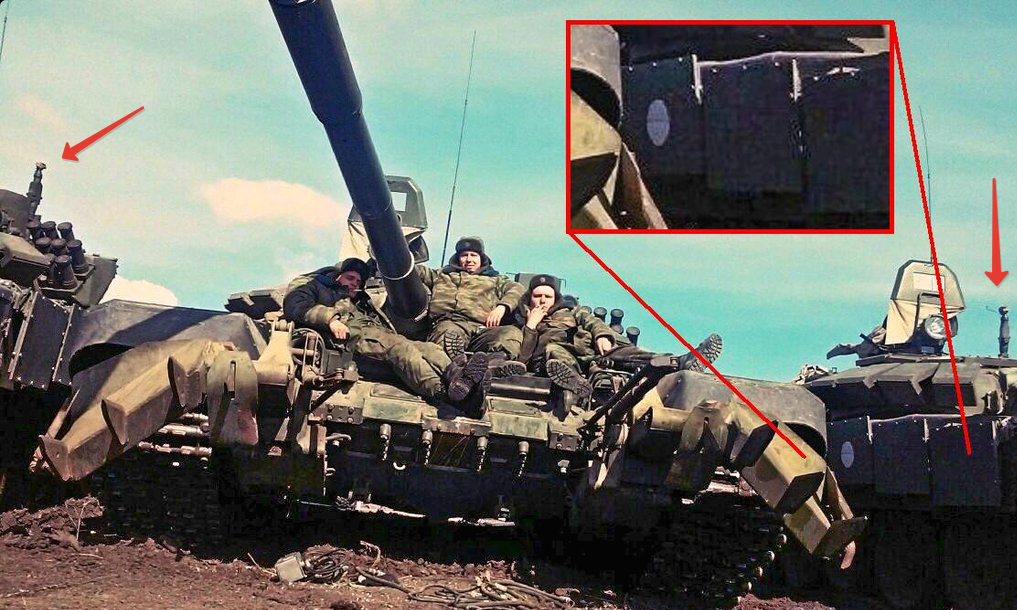There are organizations out there trying to get some great bills passed. Too bad they wont affect Obama himself. But when it comes to Congress wanting a pay raise, how about a Fiscal Responsibility Act first?
Obama’s go-for-broke budget
Congress has already dismissed the proposal, sight unseen.
Politico: President Barack Obama may be a lame duck, but his aggressively liberal final budget request coming Tuesday will show he’s far from a mute one.
Even as Hillary Clinton and Bernie Sanders quarrel over who’s a “progressive” and who’s not, the president will propose a sweepingly progressive policy agenda that includes a $10-a-barrel oil tax, an expensive Medicaid expansion, a $4 billion initiative to promote computer science in public schools and the first down payment on a “moon shot” research initiative to cure cancer led by Vice President Joe Biden.
Never mind that Congress, in a break with tradition, said it won’t even hold hearings on this year’s budget request. That’s because the request “will continue to focus on new spending proposals” instead of tackling “our $19 trillion in debt,” Senate Budget Committee Chairman Mike Enzi (R-Wyo.) said last week. Complete details on proposed total spending, projected deficits and other information will be released Tuesday morning.
Given Congress’ sight-unseen dismissal, the president’s go-for-broke strategy makes sense, said Peter Orszag, who was White House budget director during Obama’s first term and director of the Congressional Budget Office before that.
“If the document is legislatively irrelevant,” Orszag said, “you might as well use it to expand the policy dialogue and lay out sensible proposals even if they will not become law this year or next.” This year’s budget proposal “lays the groundwork for Democrats to refine and embrace a more ambitious legislative agenda over time.”
Lame-duck presidential budget requests nearly always receive catcalls from Congress, especially when it’s controlled by the opposite party.
In February 2008, then-Speaker Nancy Pelosi scored President George W. Bush’s “misguided” final budget for cuts in health care and energy assistance and a too-large budget deficit. The final product was a mashup from Congress, the outgoing Bush administration and the incoming Obama administration. It yielded a $1.4 trillion deficit — the largest in U.S. history, in large part because of the financial crisis. The current deficit is an estimated $544 billion.
President Bill Clinton’s final budget, submitted in February 2000, was less contentious, in part because it adhered to a 1997 agreement with the Republican-controlled Congress on debt reduction. Clinton had the opposite problem: His budget’s spending levels were judged too high, and its budget surplus — which ended up being $1.3 billion — drew sharp criticism from Republicans, including candidate Bush, who wanted to return it to the public in the form of tax cuts. The novel problem of a budget surplus proved short-lived; it vanished the following year, and hasn’t been heard from since.
Where Obama’s lame-duck policy agenda differs, suggests presidential historian Michael Beschloss, is in the scope of its ambition. “Modern presidents have tended to focus on a particular project” in their last year, Beschloss said — “for instance, Eisenhower and Reagan trying to wind down the Cold War, or Johnson trying to find peace in Vietnam.” But Obama is different. He’s “looking for ways in his final year to pursue an agenda on many fronts” in hopes not only of “getting something done” but also “nudging his successor to do certain things.”
It is the policy, perhaps, of a departing president who — given this year’s unusually chaotic GOP primary race — feels more confident than most that his party will keep the White House.
The boldest of all the budget proposals is the $10-a-barrel crude oil tax. Energy taxes are always a hard sell — nobody’s raised the federal gasoline tax, for instance, since 1993 — and although consumers may be less resistant because of low pump prices, oil companies will be more so because falling gas prices have them reducing exploration and laying off workers.
The revenues would go not toward deficit reduction, but toward more green forms of transportation such as subways, buses and light rail. House Ways and Means Chairman Kevin Brady immediately denounced the plan as a “horrible idea” and a “waste of time,” and even some congressional Democrats will likely oppose it. But environmentalists are greeting it as an overdue down payment on reducing emissions that contribute to climate change. Sierra Club Executive Director Michael Brune said it “underscores the inevitable transition away from oil.”
The president’s proposed Medicaid expansion would extend the Affordable Care Act’s promise of three years’ full federal funding for ACA-created Medicaid coverage, which expires this year. The proposal is an inducement to the 19 states that continue not to participate in the program, which was created for families whose incomes were too low to qualify for federal subsidies to purchase private insurance plans through Obamacare exchanges.
Under the budget proposal, states would still get only three years’ full federal funding, after which they would gradually have to pick up 10 percent of program costs. The carrot is that they would no longer have to act by the end of 2016. A stick originally envisioned by the ACA’s authors — that states could not refuse the ACA Medicaid expansion without withdrawing from Medicaid entirely — was itself swatted away in the Supreme Court’s 2012 ruling that otherwise upheld Obamacare. The new extension is a rebuke of sorts to House Republicans who have voted repeatedly to repeal Obamacare and who last month sent to the White House a repeal bill that for the first time passed both the House and Senate — which the president promptly vetoed.
The budget’s new K-12 computer science program isn’t intrinsically partisan — both Democrats and Republicans favor enhancing school kids’ computer skills, not to mention big tech companies like Microsoft. But its $4 billion price tag raises GOP hackles, as does the notion of attaching more strings to federal aid to schools. “Rather than calling for additional federal programs or new funding streams,” an aide to Health Education Labor and Pensions Committee Chairman Lamar Alexander (R-Tenn.) complained, “the president can help students by using his bully pulpit to highlight states working in innovative ways to help their children succeed.”
The “cancer moon shot” is similarly uncontroversial in theory; after all, it was President Richard Nixon, a Republican, who proposed waging a federal “war on cancer” back in 1971. But the down payment of nearly $1 billion that the White House seeks is high, and congressional Republicans won’t like that the plan would largely bypass the appropriations process and give Vice President Joe Biden a relatively free hand in allocating some of the funds. In addition, the plan would compel medical researchers to quicken the pace at which they share data, an idea that is already receiving considerable pushback in academia. Jeffrey Dazen, editor of the esteemed New England Journal of Medicine, publicly decried the use of medical research by “data parasites.”
The likelihood of legislative action on any of these agenda items is virtually nil.
Still, observes Rutgers historian David Greenberg, author of a new book about presidential spin: “No one wants to admit that the last year will be an uneventful one.”
Read more: http://www.politico.com/story/2016/02/obamas-radical-final-budget-218944#ixzz3zbtYLPAO
Read more: http://www.politico.com/story/2016/02/obamas-radical-final-budget-218944#ixzz3zbtQUHcX
Read more: http://www.politico.com/story/2016/02/obamas-radical-final-budget-218944#ixzz3zbtHTeC9
Read more: http://www.politico.com/story/2016/02/obamas-radical-final-budget-218944#ixzz3zbt9O7NB
Read more: http://www.politico.com/story/2016/02/obamas-radical-final-budget-218944#ixzz3zbt2eChp

 Abu Muhammad al-Adnani “seeks to inspire zeal in the soul.”
Abu Muhammad al-Adnani “seeks to inspire zeal in the soul.”
 Mugshot of Abu Bakr al-Baghdadi, 2004.
Mugshot of Abu Bakr al-Baghdadi, 2004.

